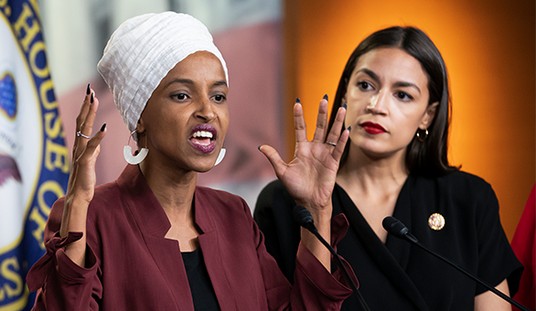Chicago Mayor Rahm Emanuel said “no and yes” to the question of whether his proposed new gun laws would stop a criminal — who wouldn’t necessarily go to a store to buy a gun — from acquiring weapons.
His proposal would require videotaping of purchases at gun stores, background checks on all employees and a buffer of 500 feet between gun shops and schools or parks. Buyers would be limited to purchasing one gun per month.
The plan arose from a January federal court ruling that banning gun shops in Chicago is unconstitutional. Under the court order, Emanuel had six months to come up with an alternative.
Emanuel told CNN his proposal is “a strong, tough, and legal way if we’re under order to allow gun sales within the city limits, but …in a way that does not undermine the safety that the public is demanding.”
“Our challenge here is the flow of guns into the city. The main share of the guns comes from outside of Wisconsin and Cook County and down state. For those very critics I would say, join me in making sure that we have a foundation, which is a national background check, a limit on one gun a month. Rather than criticize what we are doing, join us in the effort of passing comprehensive gun legislation nationally,” he said.
The former White House chief of staff denied that there’s a widespread problem of federal officials not prosecuting violations of gun laws already on the books.
“The good news is, we have a new U.S. attorney… ATF has been incredibly cooperative on gun tracing and gun tracking with us. And the new leadership at the federal level is very helpful. But you know what, you can say it’s gun prosecution and I’m for the federal government stepping up,” Emanuel said. “You can say it has to be tracing or what the ATF is doing. We also have a responsibility for comprehensive legislation. Now, in the report we issued earlier a week ago, the city of Chicago has, as it relates to non-gun violence, the same level of crimes that are violent in the areas that New York or L.A. do, meaning not with a gun, knives, or other things.”
“It’s access to guns that is the challenge. It is the fact that the bulk of the guns come from Indiana and Wisconsin and down state, which is why I’ve been an advocate since the days of fighting the Brady bill and assault weapons ban, you need national legislation. This is not looking for one combination to the lock,” he continued.
“It’s a series across all fronts that you have to do, which mainly deals with access to guns and limiting that access to the individuals that are trying to seek them for their illegal purchases.”









Join the conversation as a VIP Member